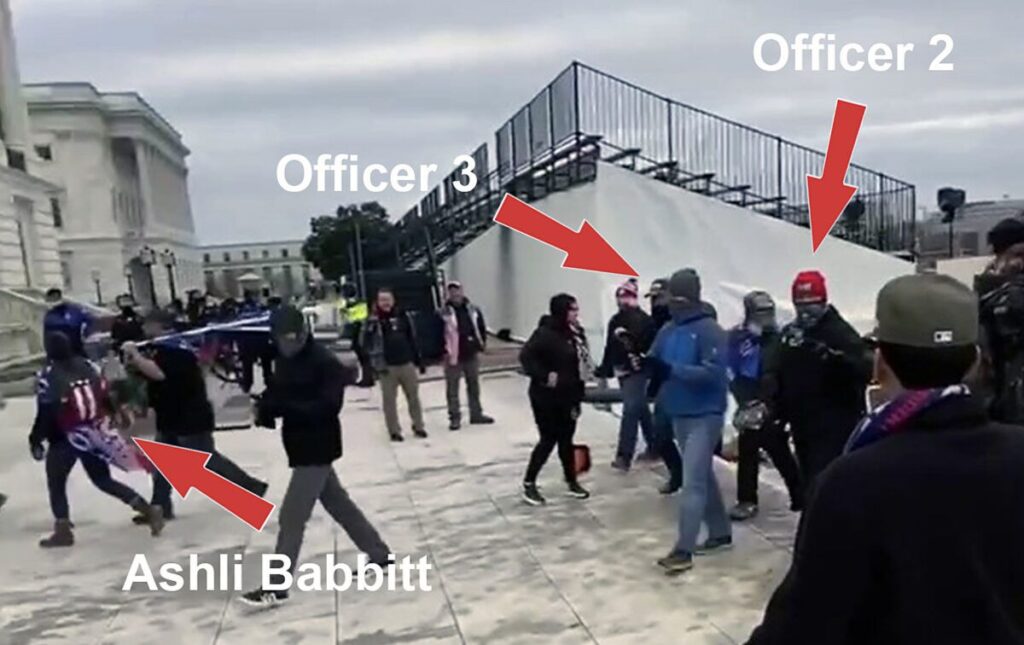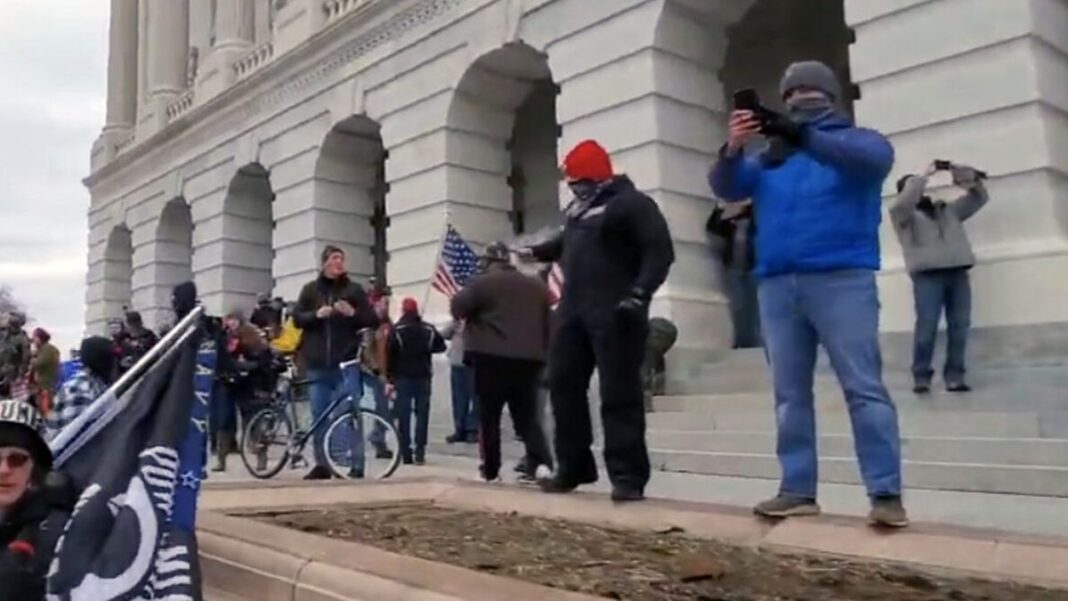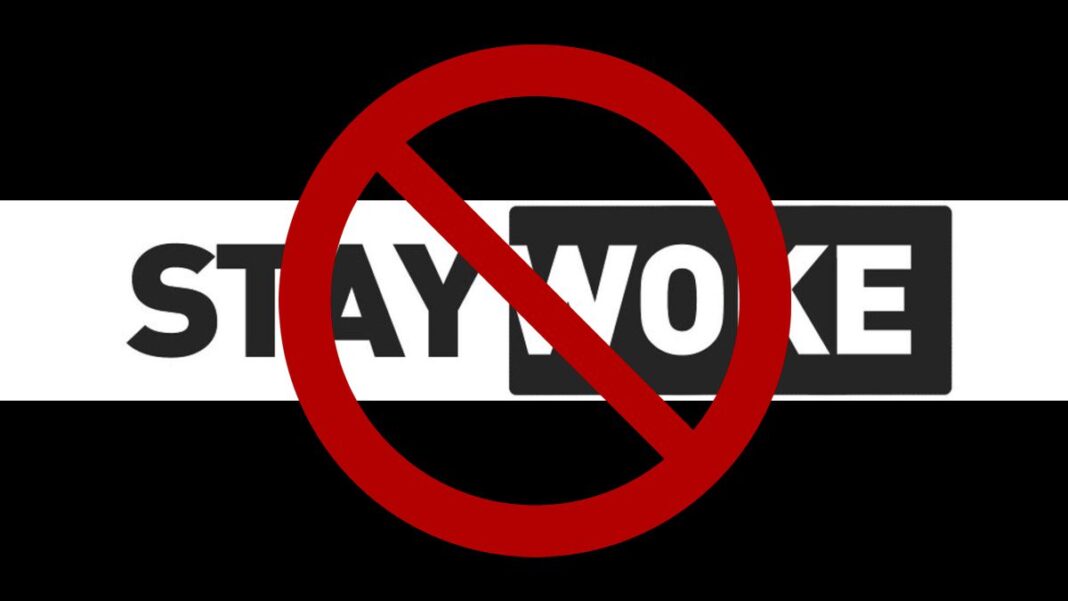A federal judge in Washington told the U.S. Department of Justice on March 3 that he was not impressed with their argument to keep the video footage from three undercover Metropolitan Police Department officers under court seal.
District Judge Rudolph Contreras said he was not swayed by a federal prosecutor’s response to a motion by Jan. 6 defendant William Pope of Topeka, Kansas, to unseal GoPro video shot by undercover MPD officers on Jan. 6.
That video allegedly shows at least one of the officers pushing people up the northwest steps of the Capitol and encouraging them to continue toward the entrance, according to court papers filed by Pope earlier in the case.

One officer who was walking behind Ashli Babbitt on the steps reportedly made comments about how “someone will get shot.” This took place just an hour before U.S. Capitol Police Lt. Michael Byrd shot Babbitt outside the Speaker’s Lobby inside the Capitol.
Contreras told prosecutor Kelly Moran that he found her opposition to Pope’s motion “a little vague and a little devoid of case law.”
Moran said prosecutors “don’t understand the relevance of these videos to Mr. Pope’s criminal matter and why this is being treated as a discovery issue.”
Contreras said “even if it’s not a criminal discovery issue, it’s a protective order issue. Most discovery is not subject to a protective order unless there’s a special reason. And I’m not hearing a particularly good special reason.”
Moran said she is concerned for the safety of the three officers if the video becomes public.
Prosecutors are “trying to protect the sanctity of other cases, as well as the physical safety of the officers who were participating in filming on this bodycam, or excuse me on this GoPro video,” Moran said.
Pope “candidly says” that part of his motivation with the undercover video is to share it with news media, Moran said.
“In the typical case, discovery is not subject to a protective order. And there’s many a defendant that use the press for their, you know, for their own purposes, and, in particular in high-profile cases,” said Contreras.
Read Full Article on TheEpochTimes.com








